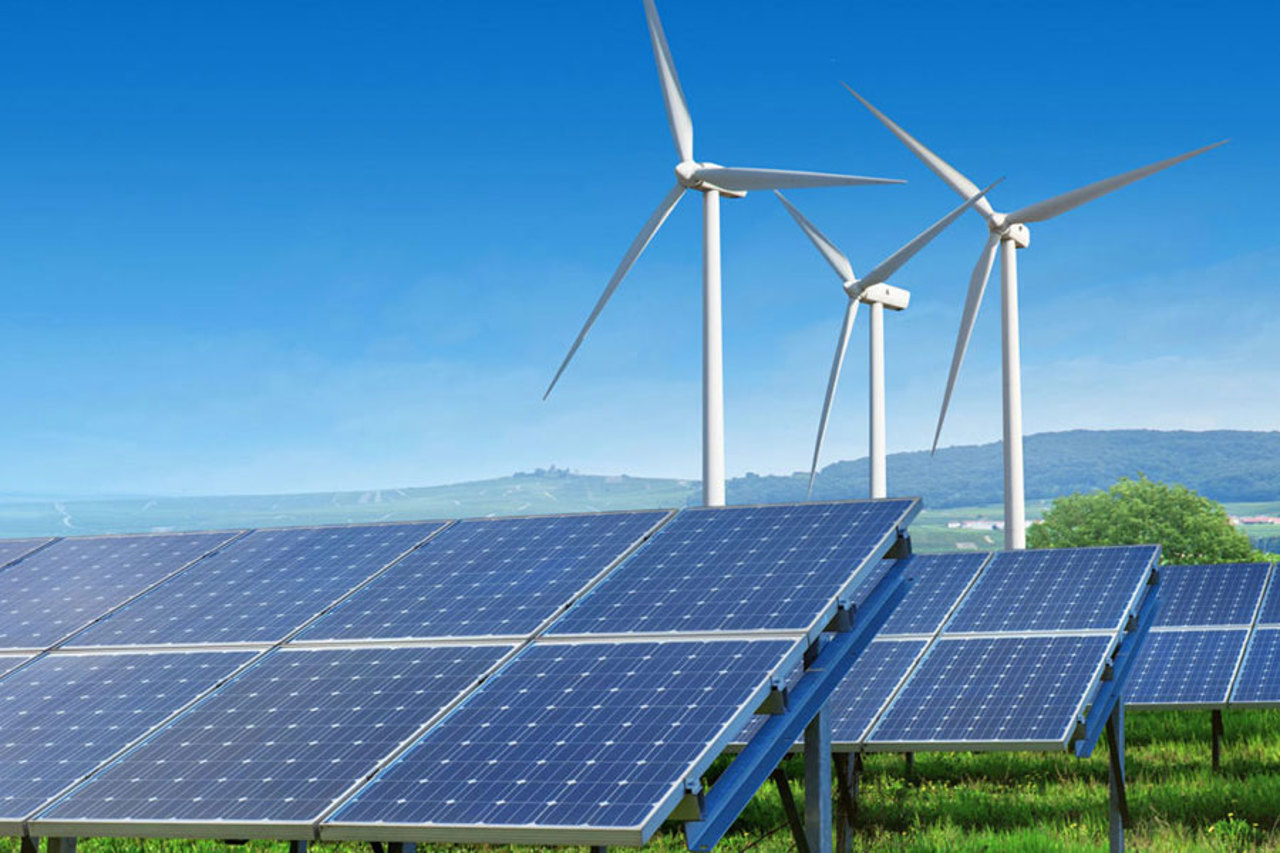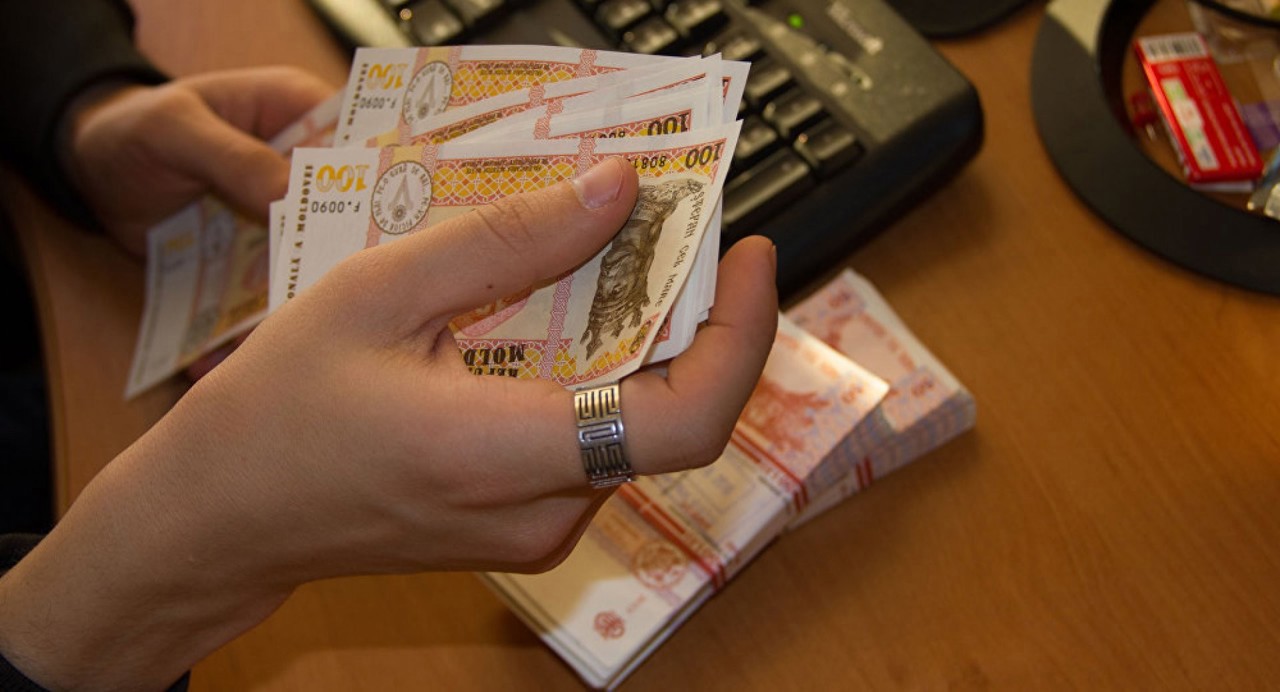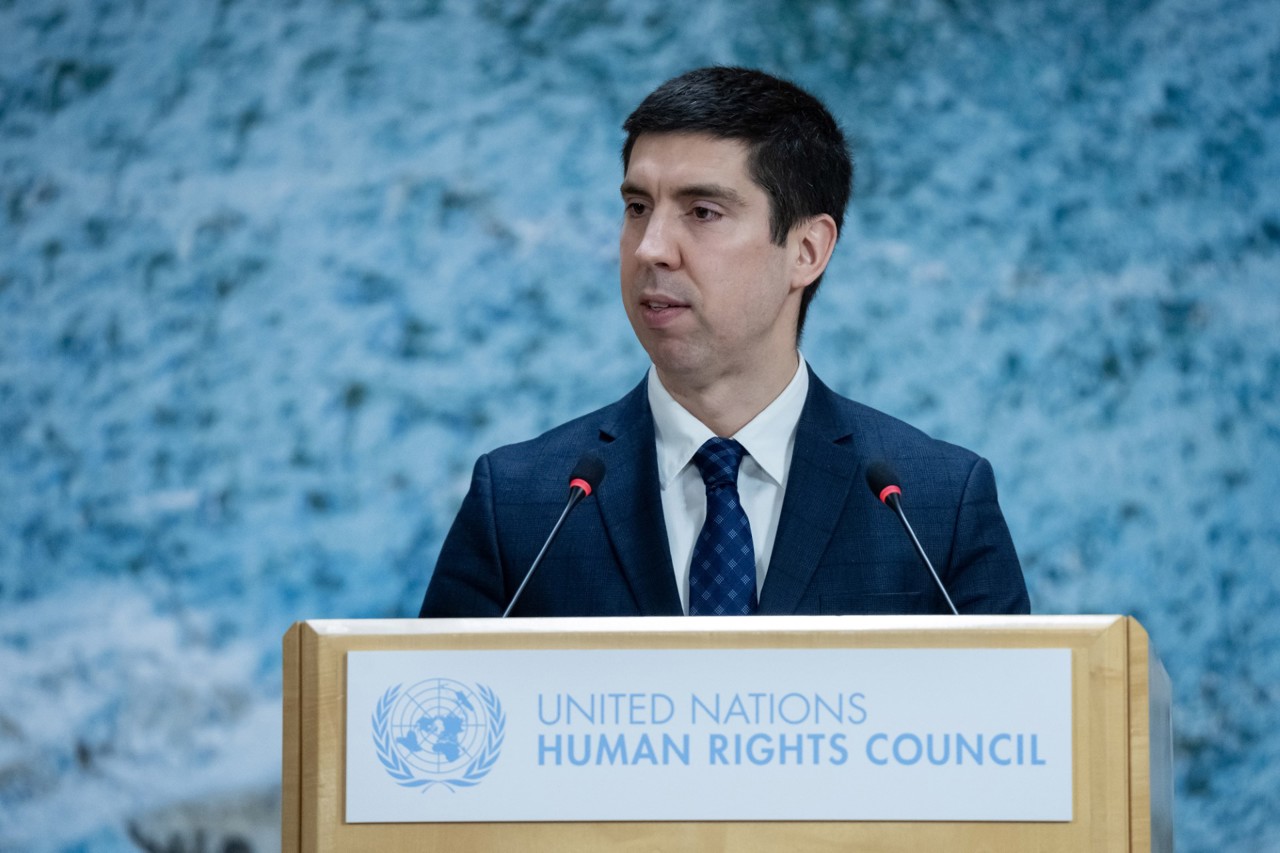EU nations back renewable deal
Ambassadors from EU member states yesterday reached an agreement on the expansion of renewable energy by 2030, after France secured assurances that nuclear power will play a greater role in the energy transition and thus dropped its last-minute opposition, reports Bloomberg and Digi24.

In March, EU negotiators reached an agreement with the European Parliament on the expansion of renewable energy until 2030, offering a small role for nuclear power as well. But France, which relies on nuclear power for most of its electricity production, has pressed the EU executive to ensure a greater role for nuclear power in the energy transition.
Yesterday, the ambassadors of all 27 member states expressed their support for the agreement agreed with the European Parliament, for a directive aimed at increasing, up to at least 42.5%, the share of energy from renewable sources in the EU's energy mix, by at the end of the decade, replacing the current target of 32%.
France has secured a small amendment to the deal agreed with the European Parliament, recognizing the challenges the ammonia sector will face in the transition from natural gas to more environmentally friendly fuels. Also, the European Commission issued a statement in which it emphasizes the importance of nuclear energy in meeting the climate objectives of the EU bloc, a recognition insisted on by France.
The agreement means the EU has successfully cleared the last hurdle to a green plan that is intended to put the EU bloc on a path to climate neutrality by 2050. France has called for the reopening of the deal agreed with the European Parliament to recognize the importance of nuclear power in the production of hydrogen and ammonia. But France's insistence on re-opening a negotiated deal has drawn displeasure from other member states who say such an initiative would be a very dangerous exercise.
It remains to be seen whether the European Parliament will accept the proposals that have been brought to the text of the law. MEPs have yet to formally approve the initial agreement reached by member states in March. Now, the agreement reached by the ambassadors of the member states will enter the legal process before the formal adoption by the ministers of the member countries.
Sweden, which holds the EU's rotating presidency, hopes to do so by the end of this month, when its term ends. After the Parliament and the member states support the agreement, it will become law.






